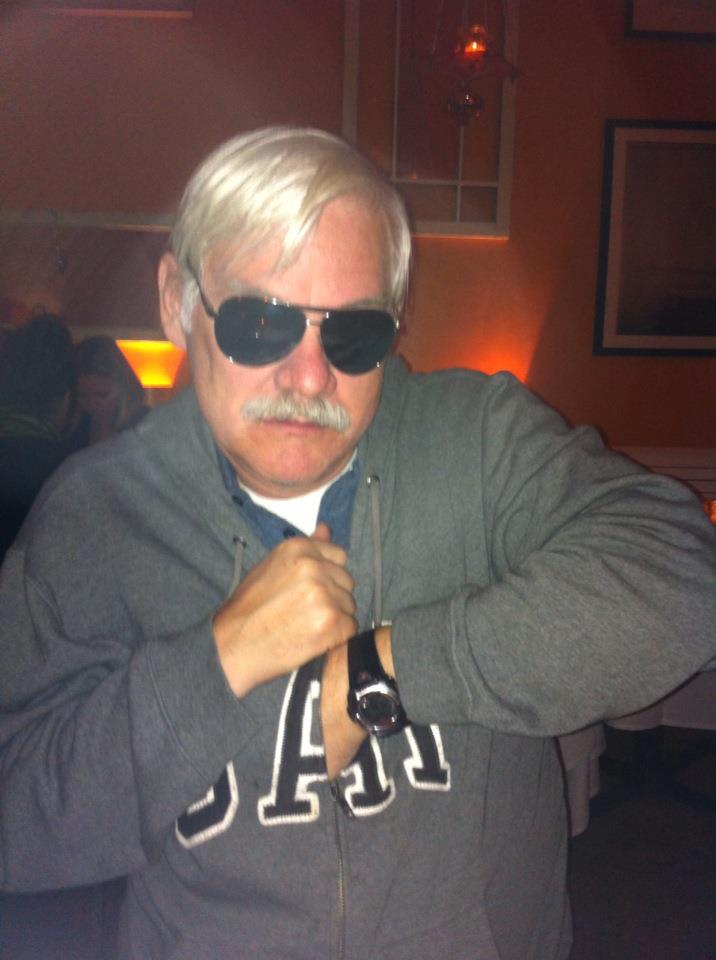Of all those who took over the presidency between 1910 and 1920, Venustiano Carranza was perhaps the most enigmatic of them. His entry into the fray in 1911 on Francisco I. Madero's side came about solely due to the fact that President Diaz had snubbed his appointment as governor of the state of Coahuila, whereas Madero promised him that and much more. Even though he was allowed to conduct the terms of surrender with Diaz which gave the presidency to Madero, he never became a true Madero follower. Rather he just bided his time knowing that the revolution that saw the fall of Diaz and the rise of Madero would also see the rise of a certain backlash that would end Madero's reign as well. On page 162, McLynn gives Madero's personal assessment of Caranza quoting him as saying, � ���"[Carranza is] vindictive, spiteful and authoritarian ... a phlegmatic old man who asks one foot for permission to drag the other.� �� �
By the time Huerta became president in 1913, Carranza controlled the three Northern states of Coahuila, Sonora and Chihuahua. Throughout the civil war years he was the only one who professed to be the true leader of Mexico even when he was the only person who believed it. Madero had named him his War Minister in 1911 and when Huerta became president, Carranza became the Primer Jefe of the Constitutional Army in opposition to the new Huerta government. In 1915 he became President and presided until a year before his death in 1921. Like Huerta, Madero and Diaz before him, he was a centrist who allowed the oligarchs to run most of the country while he ceremoniously took over the tasks of head of state.
There were many generals of all stripes during the civil war years. Most were merely high ranking soldiers who had distinguished themselves with their leaders, be they Diaz, Madero, Huerta, Villa, Zapata, or Carranza. One that stood out among the crowd was Pascual Orozco. He embodied the quintessential Northern leader who, though leading an army of poor discontents who were angry with the status quo, sought to be on the winning side at the end of the day, regardless of which side that was. As McLynn correctly points out on page 131, � ���"He is for Pascual Orozco, first, last and always.� �� � Unfortunately for Mexico, there were many just like Orozco who led armies of all sizes ostensibly to rid the country of the � ���"evil doers,� �� � but who, in reality, were simply using their followers in the hopes of securing a prominent position in whatever future government existed at the end of the war. By the time Orozco's army was defeated by General Huerta at Rellano in 1912, he was a broken man and could do little more than run across the border to the US to hide from his pursuers.
Not enough can be said about the oligarchs that ruled Mexico, many of whom still enjoy the special status. The Madero family, whose son Francisco began the entire process, weren't among the super elite. However, they did own vast tracts of land and were among the more privileged in the country. The Terrazas family typified this small group of megarich who has always bent the role of government to satisfy their own greed and goal above and beyond the moral needs and desires of the populace. These families have always forced the federal government to promote their chosen few into high public office locally and statewide and have ensured that, regardless of the actual laws on the books, the enforcement of those laws will be dictated by the families themselves, not the state or federal government. During the civil war years, these families financed the armies they felt would do their bidding if successful and often financed groups whose mission was simply to destroy other armies.
When I lived in Mexico, I saw first hand the absolute power over commerce these oligarchs still possess. They often practice a policy known as � ���"Especulacià �n� �� � where they purposefully remove a particular commodity from the market place in order to drive up its price before reintroducing it. I had a chance to see this in action when toothpaste was completely removed from all store shelves. For a few months only the brand Sensodyne was available, and then, it too disappeared. Over the next few months we were forced to brush our teeth with baking soda and water as no toothpaste at all could be found.
(Note: You can view every article as one long page if you sign up as an Advocate Member, or higher).





